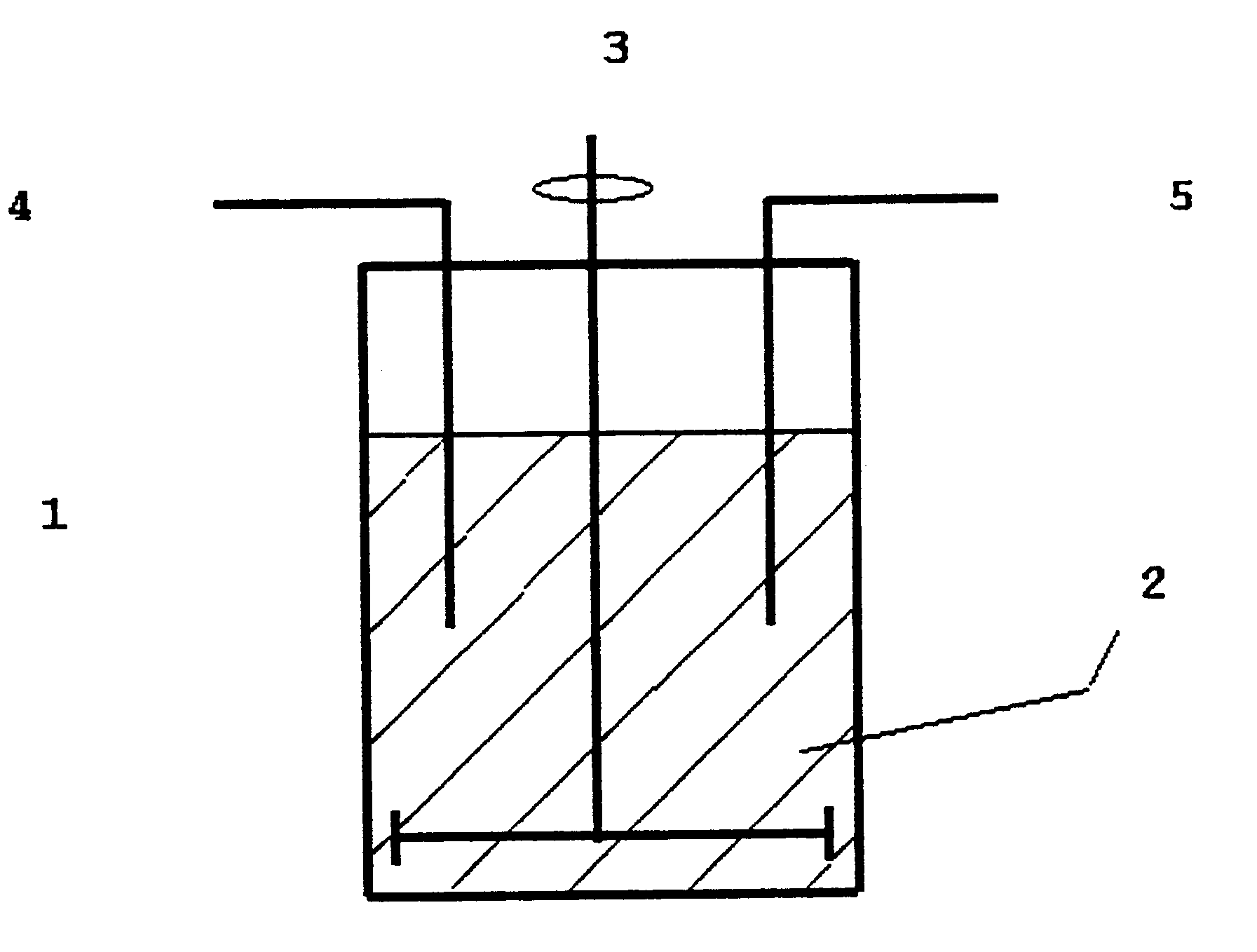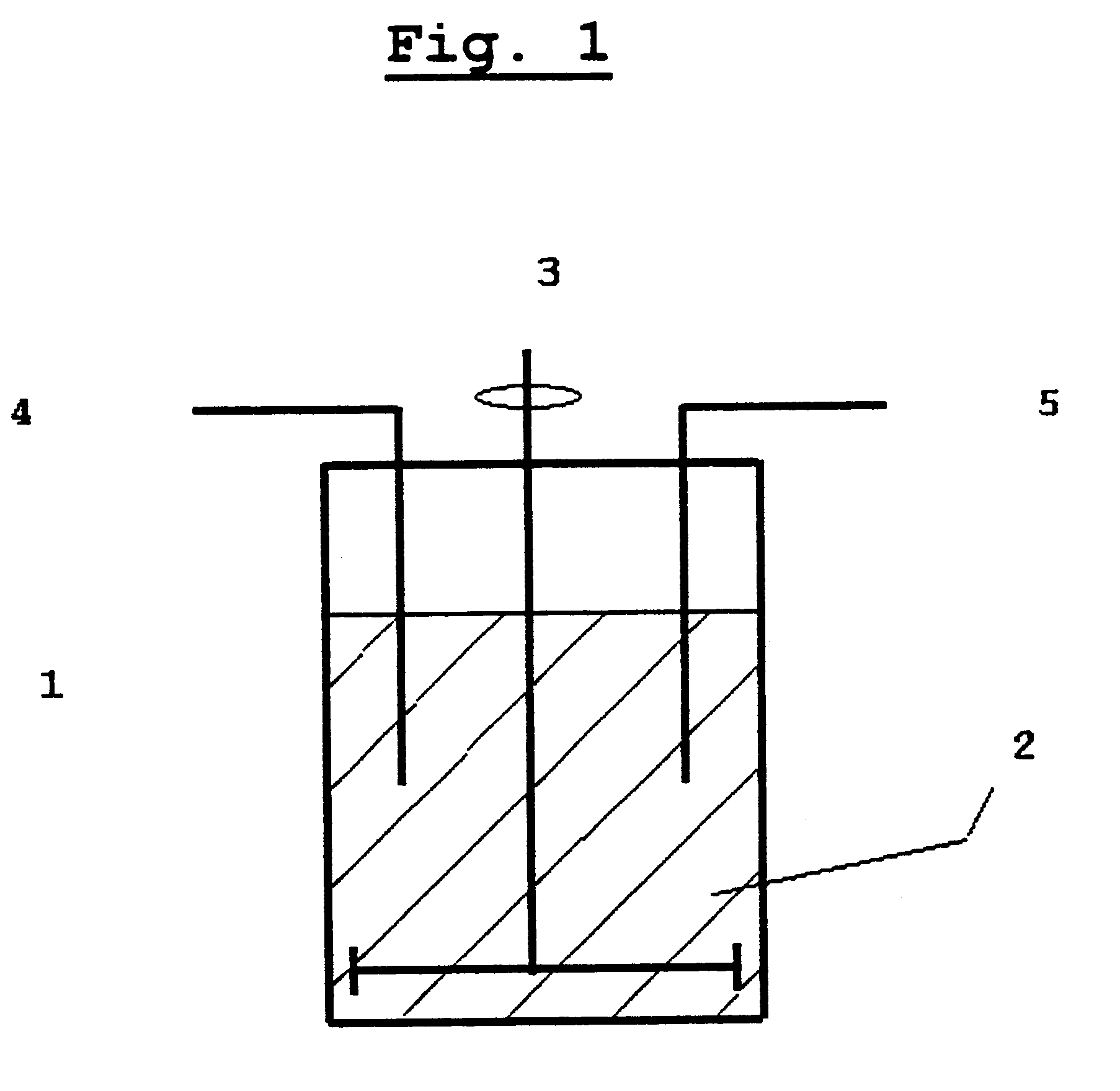Method for producing composite powders based on silver-tin oxide, the composite powders so produced, and the use of such powders to produce electrical contact materials by powder metallurgy techniques
a technology of composite powders and silver-tin oxide, which is applied in the direction of basic electric elements, electrical equipment, metal material coating processes, etc., can solve the problems of limited powder particle size, significant changes in processing and contact properties, and difficult to predict in terms of size and tendency
- Summary
- Abstract
- Description
- Claims
- Application Information
AI Technical Summary
Problems solved by technology
Method used
Image
Examples
Embodiment Construction
To produce a 4-kg batch of a composite powder for the contact material Ag--SnO.sub.2 --In.sub.2 O.sub.3, having about 9 wt % SnO.sub.2 and about 3 wt % In.sub.2 O.sub.3, with extremely high oxide dispersion in the silver matrix, equivalent amounts of the starting powders of the oxides, with an average particle size of D.sub.50 =0.7 .mu.m, are suspended in 3 L of deionized water, by means of a disperser, over a period of 30 min., at room temperature, and then stirred into 18 L of deionized water in a 50-L reaction vessel. By the simultaneous and uniform feed of stoichiometric amounts of 3.5 mol silver nitrate and 1.7 mol ascorbic acid solutions through two separate connections (see FIG. 1), with simultaneous thorough mixing using a high energy stirrer system, metallic silver is precipitated onto the oxide particles at a constant rate of about 130 g / min. The temperature in the reaction vessel is limited to 40.degree. C. through cooling. The precipitation products produced in this way ...
PUM
| Property | Measurement | Unit |
|---|---|---|
| particle size | aaaaa | aaaaa |
| particle sizes | aaaaa | aaaaa |
| particle sizes | aaaaa | aaaaa |
Abstract
Description
Claims
Application Information
 Login to View More
Login to View More - R&D
- Intellectual Property
- Life Sciences
- Materials
- Tech Scout
- Unparalleled Data Quality
- Higher Quality Content
- 60% Fewer Hallucinations
Browse by: Latest US Patents, China's latest patents, Technical Efficacy Thesaurus, Application Domain, Technology Topic, Popular Technical Reports.
© 2025 PatSnap. All rights reserved.Legal|Privacy policy|Modern Slavery Act Transparency Statement|Sitemap|About US| Contact US: help@patsnap.com


